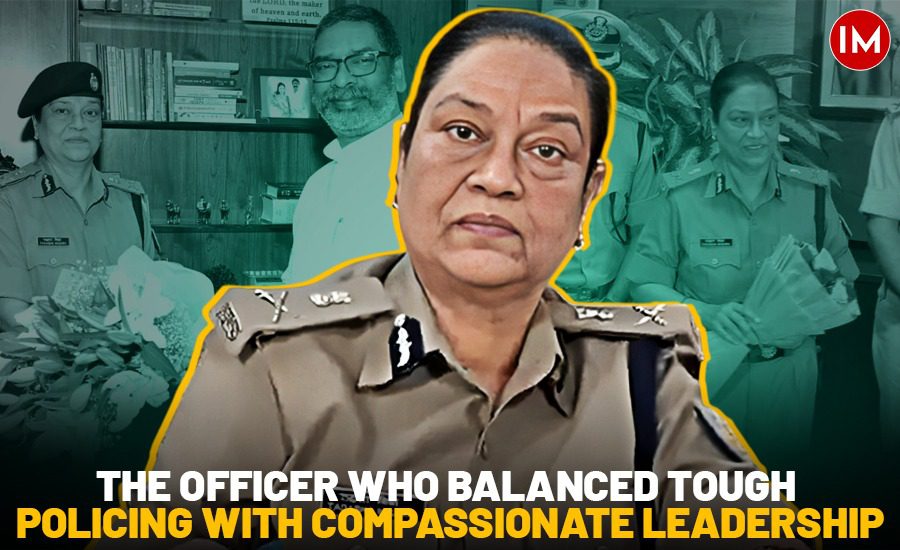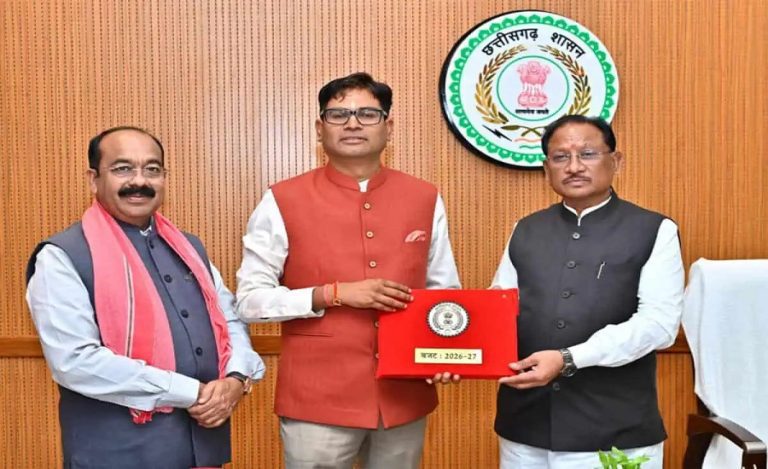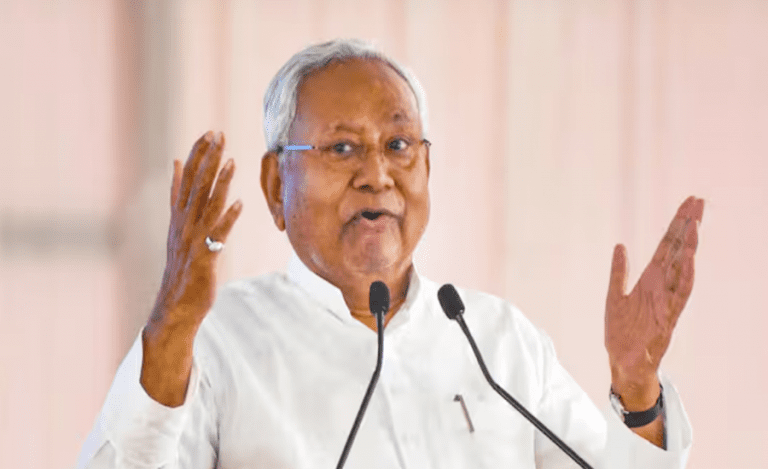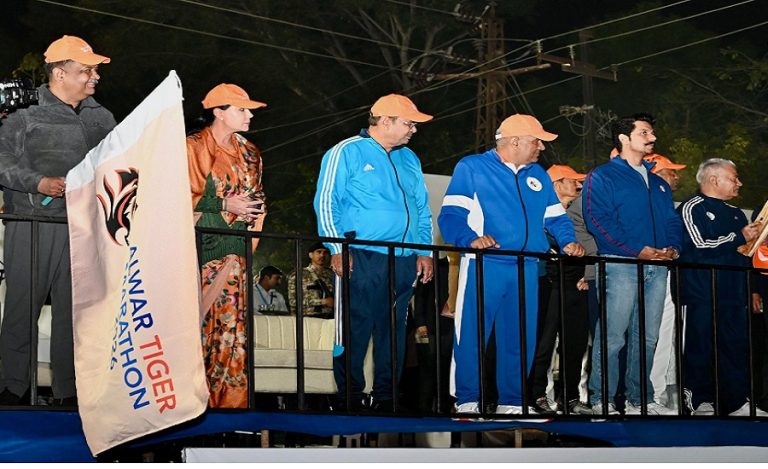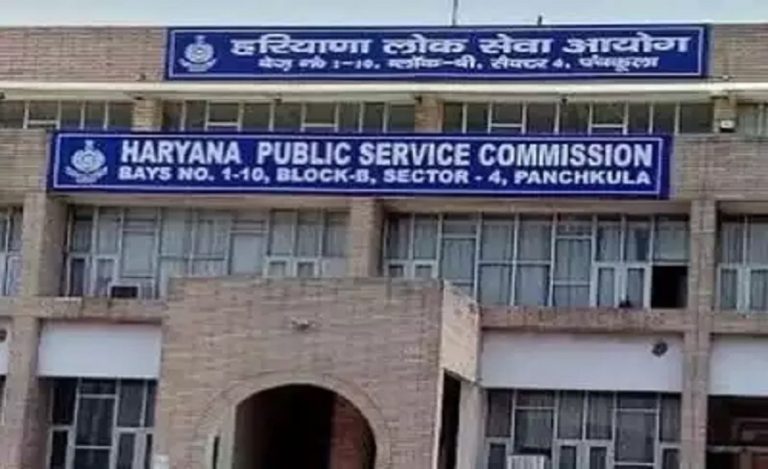When the news broke that Tadasha Mishra would be taking charge as Jharkhand’s first woman Director General of Police (In-Charge), it wasn’t just another bureaucratic appointment — it was a landmark moment for the state’s police force. A soft-spoken yet firm officer with an unblemished record, Mishra represents a generation of police leaders who balance authority with empathy. Her elevation to the top post is both a tribute to her decades of service and a powerful statement on the growing role of women in law enforcement.At the Police Headquarters in Ranchi, where she formally assumed charge, there was a palpable sense of pride.
For a state that has long battled complex challenges — from Naxal violence to organized crime — Mishra’s appointment marks a defining moment for women in policing. Known for her firm yet empathetic leadership, she brings to the post over three decades of field and administrative experience, and a reputation that precedes her.
A HISTORIC APPOINTMENT
In a government notification issued by the Home, Prison & Disaster Management Department, senior IPS officer Tadasha Mishra, serving as Special Secretary in the same department, was appointed as the acting DGP and Inspector General of Police of Jharkhand. The appointment followed the voluntary retirement of Anurag Gupta, a 1990-batch officer. Mishra, a 1994-batch IPS officer, assumed charge on November 7, becoming the first woman ever to head Jharkhand’s police force.
Her tenure, however, will be a brief one — she is set to retire on December 31, 2025. Yet, even in this short duration, her leadership is expected to set a tone for inclusive and people-oriented policing in the state. Speaking to the media after taking charge, she emphasized strengthening investigations, ensuring quick prosecution, and promoting a citizen-friendly police image. “Effective policing depends on the quality of investigation,” she said, stressing that accountability and compassion must go hand in hand.
THE MAKING OF A LEADER
Originally from Odisha, Tadasha Mishra joined the Indian Police Service in 1994 under the Bihar cadre. Following Jharkhand’s formation in 2000, she was allotted to the new state and has since held some of the most crucial posts in its police hierarchy. Her career includes stints as City SP of Ranchi, SP of Giridih and Bokaro, DIG Personnel, IG Human Rights, IG Special Branch, and Additional Director General of Railways.
Over the years, she has earned a reputation for diligence, integrity, and administrative precision. Colleagues describe her as an officer who leads from the front — someone who remains composed under pressure but unflinching when it comes to taking tough calls. Her journey through Jharkhand’s evolving law enforcement landscape has been marked by both grit and grace.
DEFINING LEADERSHIP ON THE GROUND
It was during her tenure as the Superintendent of Police in Bokaro that Tadasha Mishra’s name began to command attention across the state. Bokaro, during the early 2000s, was a challenging posting — a region grappling with extortion, abductions, and a growing nexus of organized crime. Mishra approached the situation with a mix of firmness and strategy, focusing on intelligence-led policing and swift action.
Her decisive methods yielded visible results. Cases of extortion and kidnapping dropped, and the public began to regain trust in the police system. Under her watch, several wanted criminals were brought to justice, and peace returned to areas that had long lived under fear.
One of the most talked-about episodes from her tenure was the encounter of gangster Anand Singh— a case that shook the entire state. In 2003, intelligence inputs revealed that the dreaded criminal was visiting Dhanbad’s Bartand area. SP Tadasha Mishra immediately coordinated with Dhanbad SP Murarilal Meena to plan a joint operation.
That evening, as Singh arrived at Madhulika Sweets in a red Maruti van, the police surrounded the area. Officers in plain clothes, posing as customers, asked him to surrender. Instead, Singh reached for his weapon, prompting a brief exchange of fire. The gangster was killed on the spot, while two of his accomplices managed to flee.
The incident became emblematic of Mishra’s style of policing — bold, calculated, and rooted in ground realities. Her tough stance against organized crime brought a period of calm to Bokaro and earned her widespread respect within the police ranks and among civilians alike.
A VOICE FOR WOMEN
Beyond her policing record, Tadasha Mishra has been a strong advocate for gender sensitization and inclusivity in law enforcement. She has consistently spoken about the need for systemic reforms to support women officers, especially those balancing professional duties with family responsibilities.
She has pushed for measures such as crèche facilities for police mothers, gender-balanced postings, and equal opportunities in field assignments, emphasizing that a truly modern police force must be inclusive at every level. Her leadership, colleagues say, is marked by empathy — not as a sign of weakness, but as a strength that fosters trust and teamwork.
Her rise to the state’s top police position has inspired many young women officers in Jharkhand. For them, Tadasha Mishra’s career stands as proof that dedication, competence, and integrity can break through long-standing gender barriers in policing.
STRENGTH THROUGH ADVERSITY
Behind the uniform is a story of personal resilience. Mishra, a mother of two, suffered a profound personal loss when her son passed away in 2018. She later spoke about that period as the most difficult phase of her life — one that tested her strength in every way. Yet, she returned to service with renewed determination, often crediting her professional responsibilities for helping her cope and move forward.
Her colleagues describe her as compassionate yet disciplined, a leader who commands respect not just for her rank but for her humanity. It is this blend of empathy and firmness that has defined her long and distinguished career.
A SYMBOL OF CHANGE
As Jharkhand’s first woman DGP (In-Charge), Tadasha Mishra’s appointment is more than symbolic. It represents a shift toward progressive, inclusive governance in the state. While her tenure may be brief, the impact of her leadership — her insistence on fair investigation, citizen trust, and equal opportunity — will likely echo far beyond her time in office.
Her journey from the lanes of Odisha to the corridors of Jharkhand’s police headquarters reflects not just a career, but a commitment — to serve, to reform, and to inspire. In a profession often defined by hierarchy and command, Tadasha Mishra stands out as a leader defined by integrity, courage, and empathy — the very qualities that define true policing.

